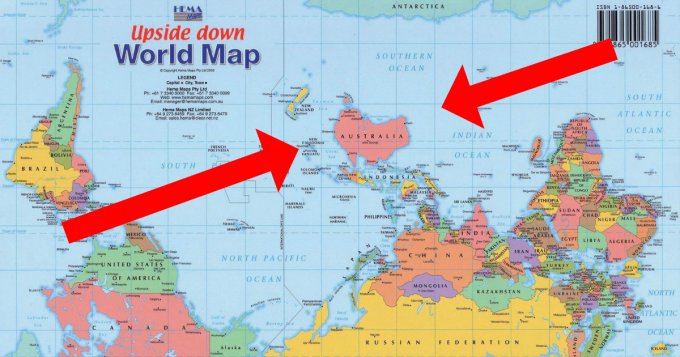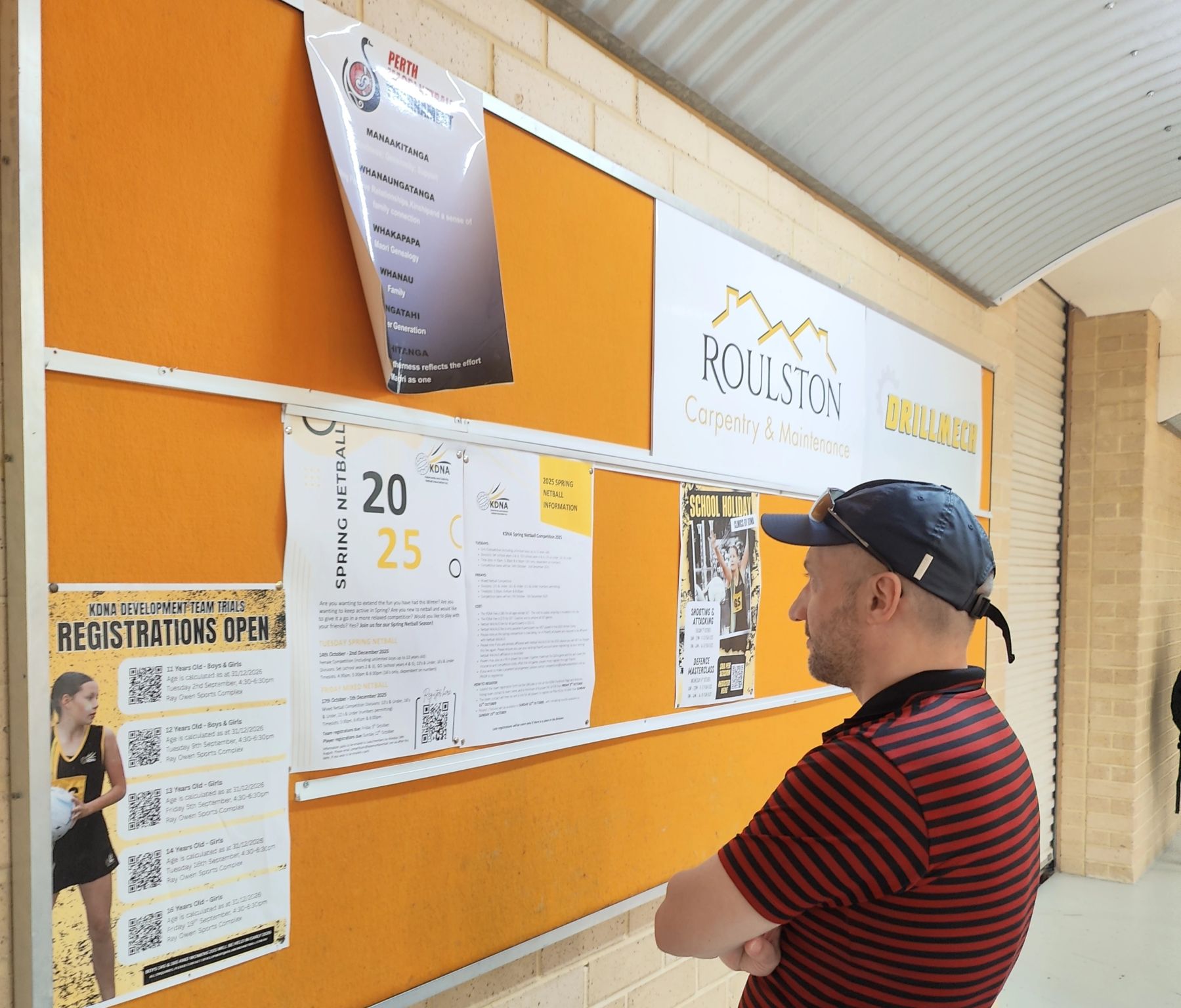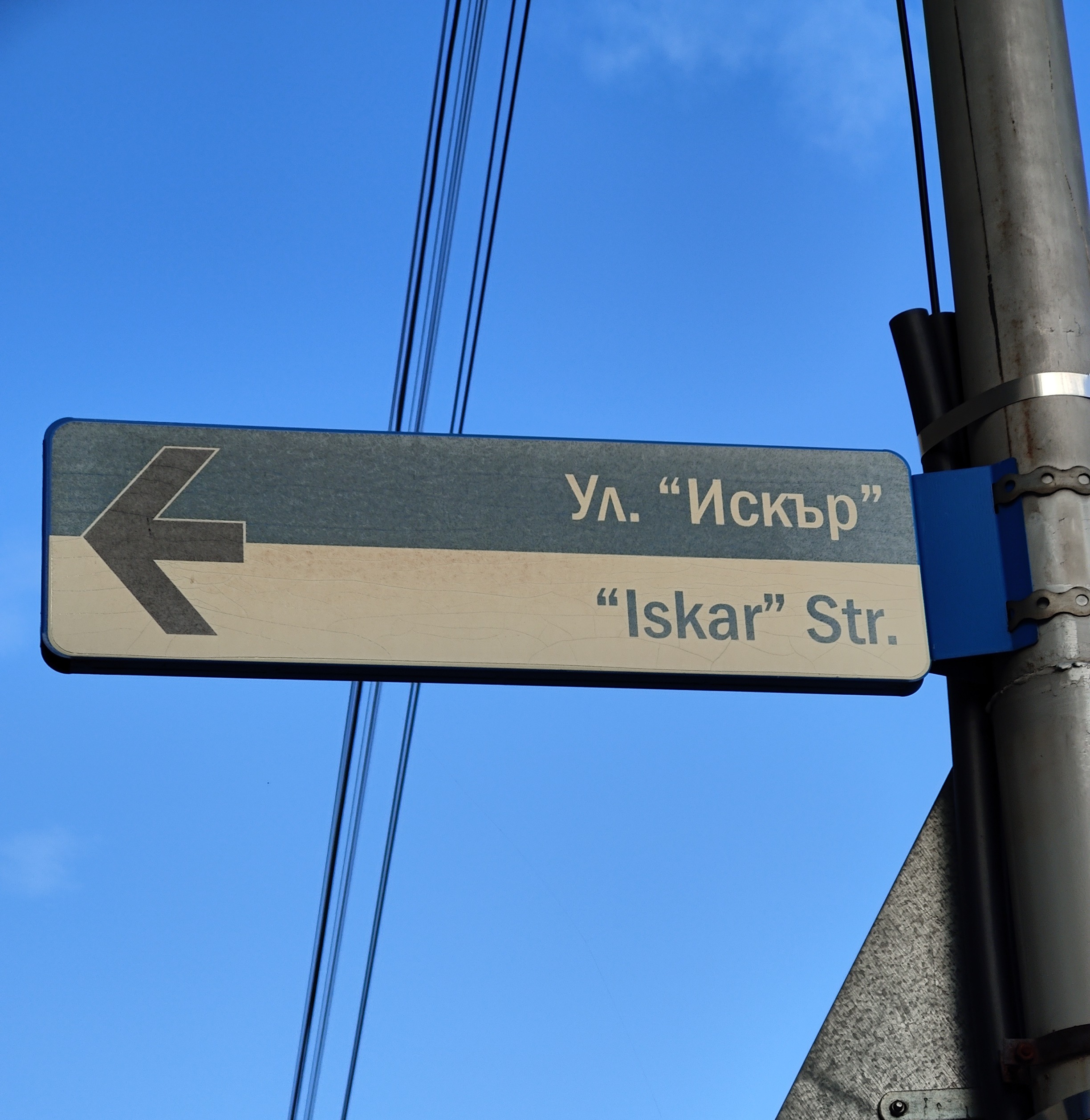The last Monday in August is a “bank holiday” in England, Wales and Northern Ireland.
Now this term “bank holiday” often confuses many from outside the UK or Ireland. Does this mean that it’s a day off for banks only?
Absolutely not! “Bank holidays” in the UK and Ireland are what otherwise are known as “public holidays”. Schools, offices and banks (of course) are all closed.

But what’s the case with Australia?
Do Aussies then called them “bank holidays” too?
Well, even though they are still legally defined as “bank holidays” in the Australian states of South Australia and Victoria, Aussies refer to them as “public holidays” only. Most Aussies will look at you weirdly if you use "bank holiday" with them. It's one of the many terms that differ between UK English and Australian English.
But there's a twist...
The first Monday of August in the state of New South Wales (NSW – Sydney is its capital) is an actual “bank holiday”, i.e. banks and other financial institutions are closed while for everyone else it’s a normal work day. So in this part of Australia, a distinction is made between a “public holiday” (days like Christmas, Australia Day, Labour Day etc.) and a “bank holiday”.
This day is a leftover from the original purpose of bank holidays in the British Empire: “The NSW Bank Holiday originated from the commercial practice in the United Kingdom of compensating counting house staff for extra work involved in the end-of-financial-year balances by granting them a holiday.” 30 June is the end of the financial year in Australia, so that's why this bank holiday occurs in August.

Need to know your bank holidays from your public holidays for Australia? Do you need someone to help you get your text and copy right for Australia? Feel free to ask me at info@nicknasev.com!









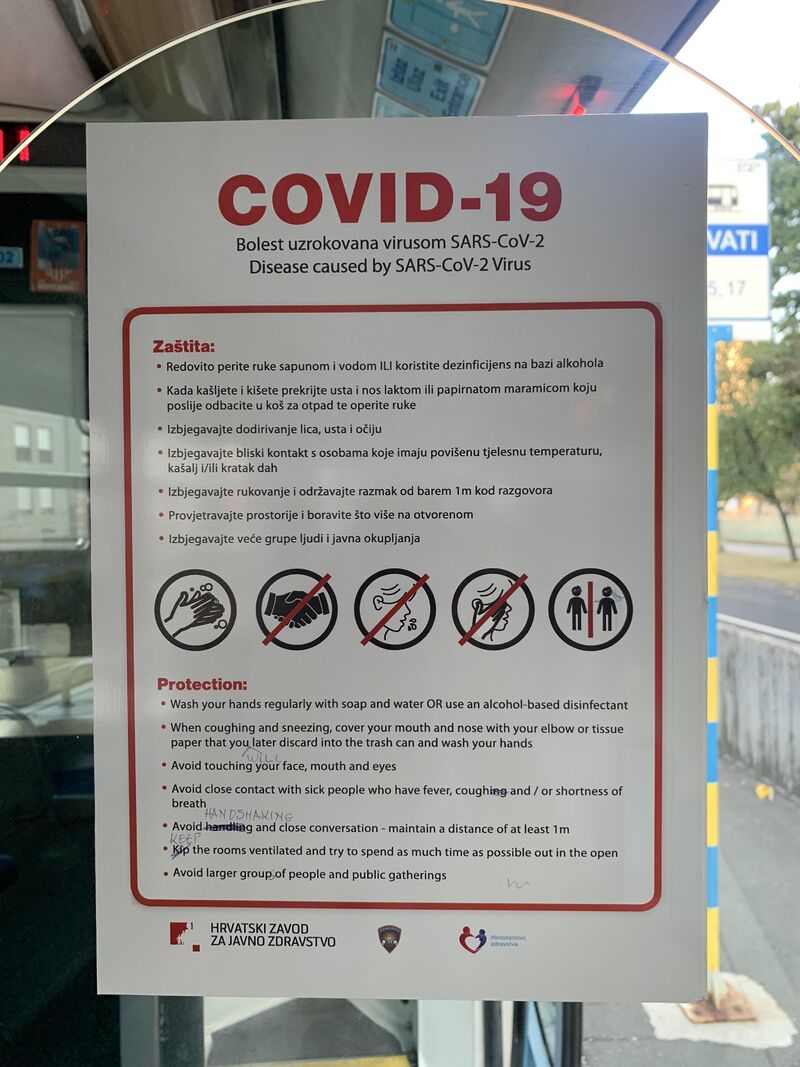




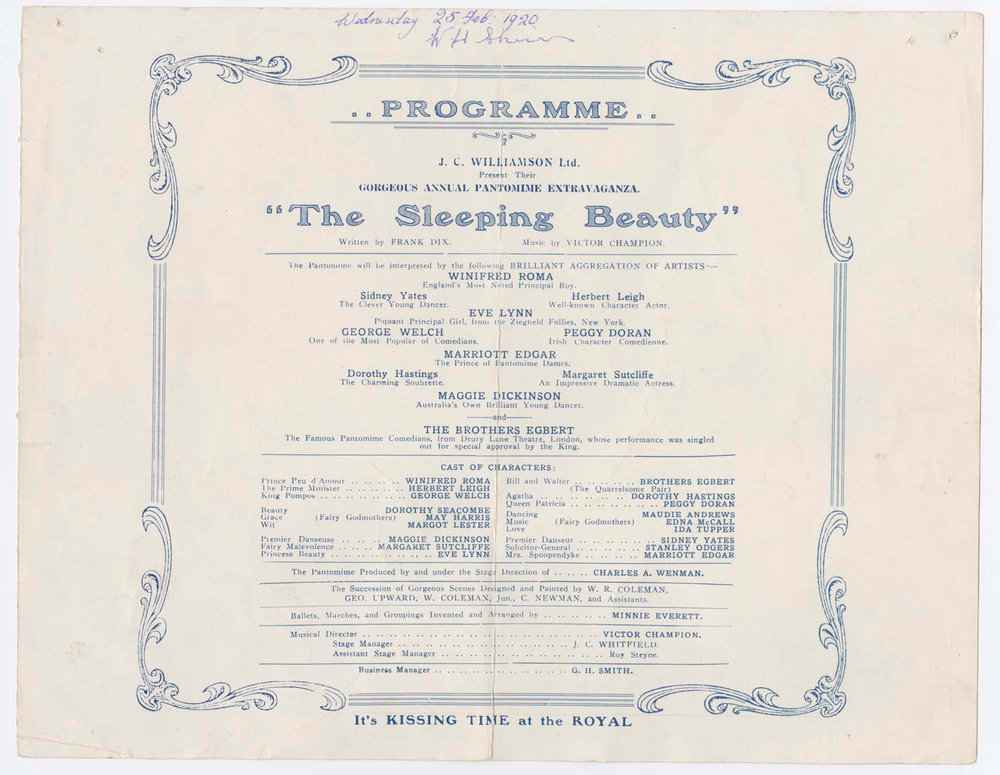
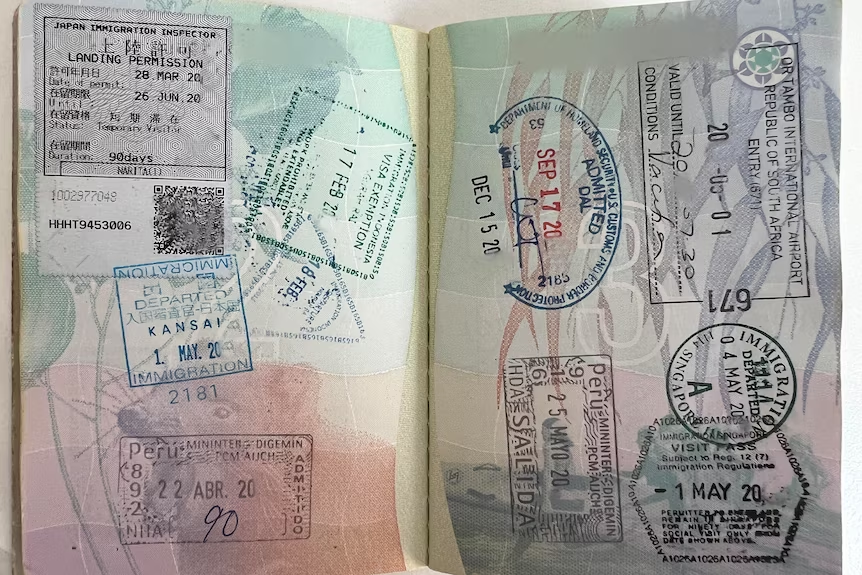














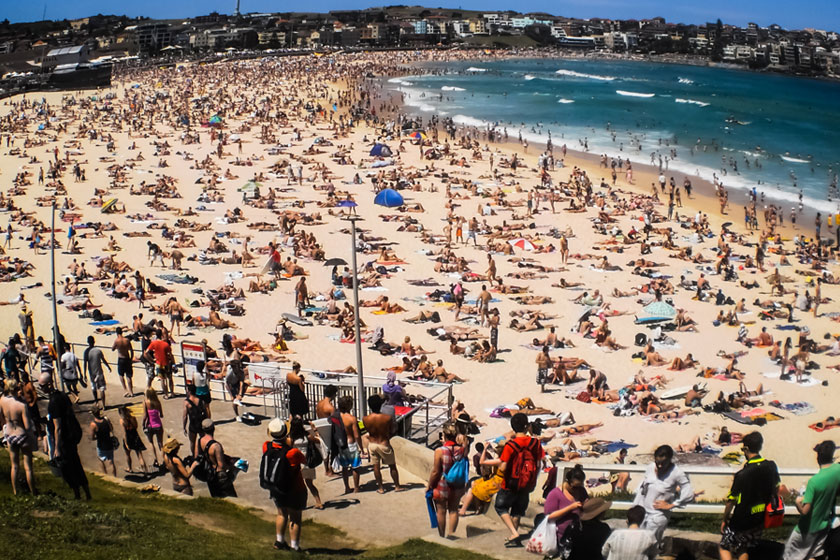











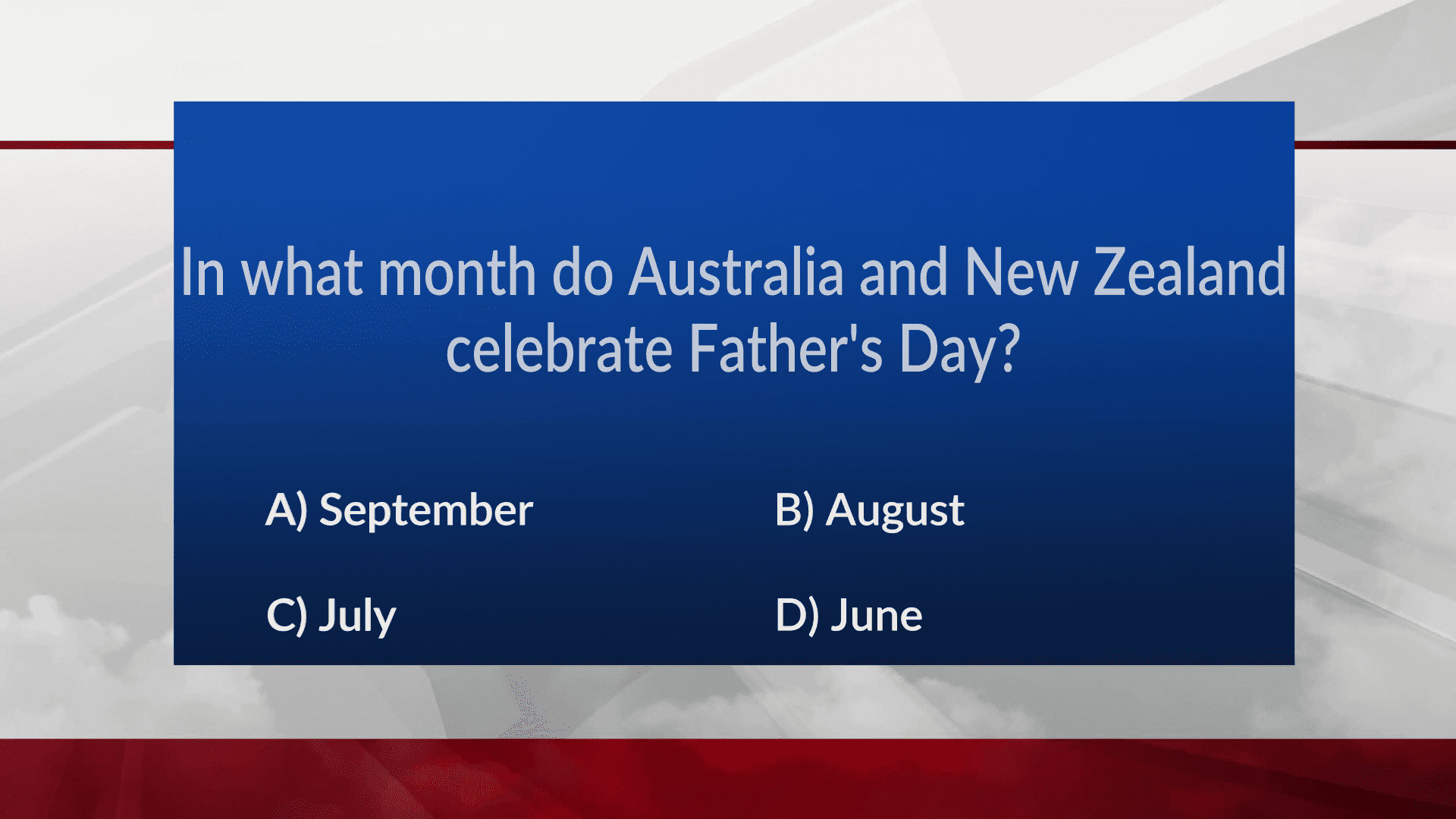





















































.%20A%20day%20of%20campaigning%20%E2%99%80%20%E2%80%A6%20or%20a%20day%20to%20buy%20flowers%20%F0%9F%92%90.jpg)
